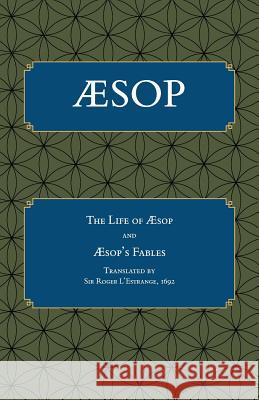Aesop: The Life of Aesop and Aesop's Fables » książka
Aesop: The Life of Aesop and Aesop's Fables
ISBN-13: 9781910388082 / Angielski / Miękka / 2014 / 240 str.
AEsop was probably a real person; although it is impossible to be sure which of the surviving stories were really his. The date given him by Herodotus is about 570 b.c., and there is nothing to make this date improbable. Other ancient sources include Aristotle and Plutarch, who has him dining with the Seven Sages of Greece and sitting beside his friend Solon, whom he had met in Sardis. The earliest known writings appear from the first century a.d. Later, stories of this kind, especially animal stories, were all ascribed to AEsop, and the Greek collection which goes under his name contains stories of many ages. A number of AEsop's fables are found in India, and it is not certain where they were first told. Sir Roger L'Estrange, the translator of the present book, was born in 1616 and died in 1704. He was a staunch Royalist, an author and pamphleteer, and Member of Parliament for Winchester from 1685 to 1689. He fought on the Royalist side in the English Civil War and was sentenced to death as a spy, spending four years in Newgate gaol, from which he escaped. During the Commonwealth he lived abroad, in Holland, returning to England at the Restoration to become Licenser of the Press (1663), in which role he was charged with the prevention of sedition and authorised to search the premises of printers and booksellers on the merest suspicion of dissension. L'Estrange excelled at his office. Hunting down and suppressing hidden presses and seizing seditious books or pamphlets, he become known as the "Bloodhound of the Press." He published a great many books himself, besides pamphlets and other ephemeral works. He translated Josephus, Cicero on Friendship, Quevedo's Visions, Senneca the Younger's Morals, and other works. His AEsop, which includes fables drawn from other sources, was published in 1692, and has been often re-published through the years, his easy and vigorous colloquial style being well-suited to the subject."











